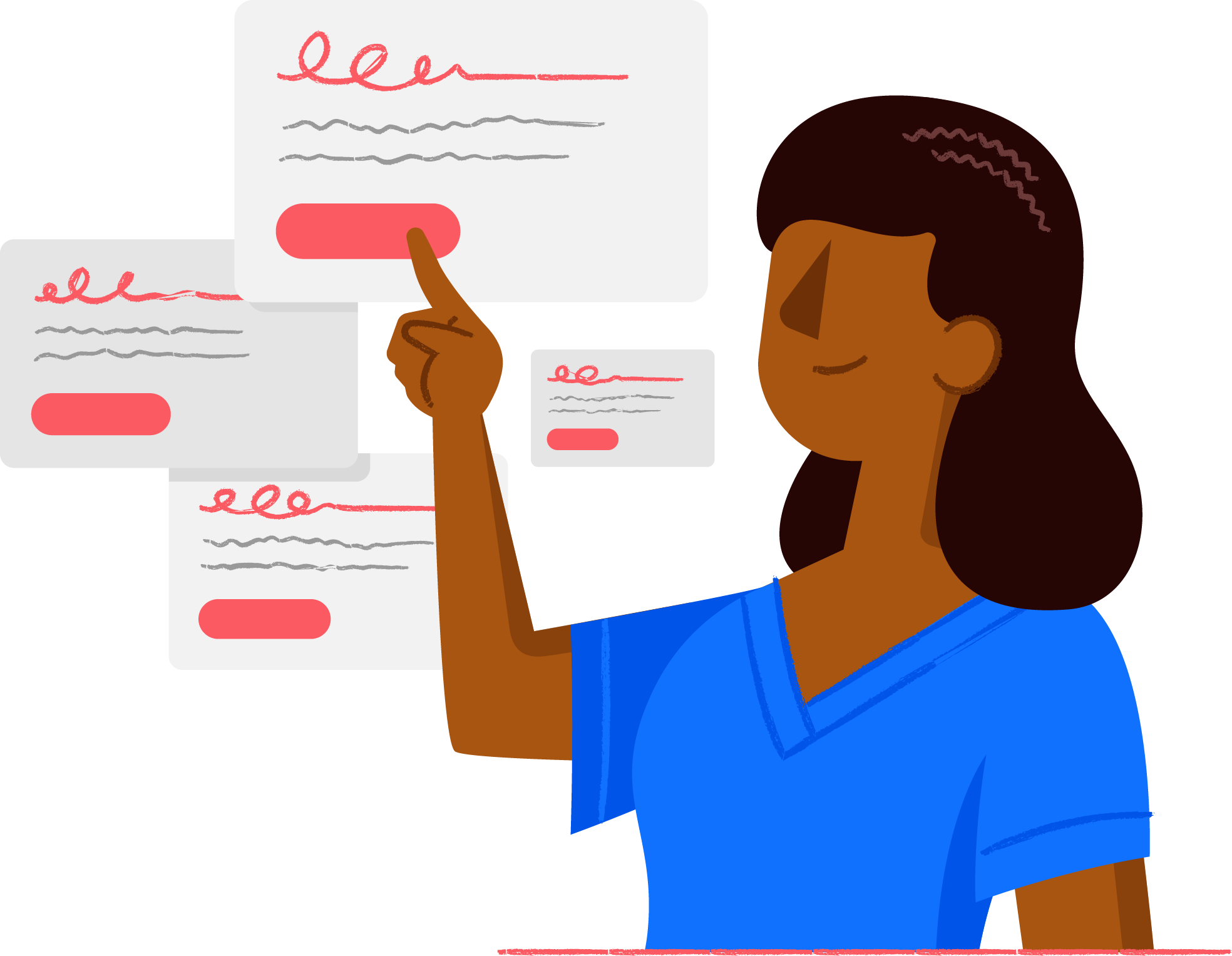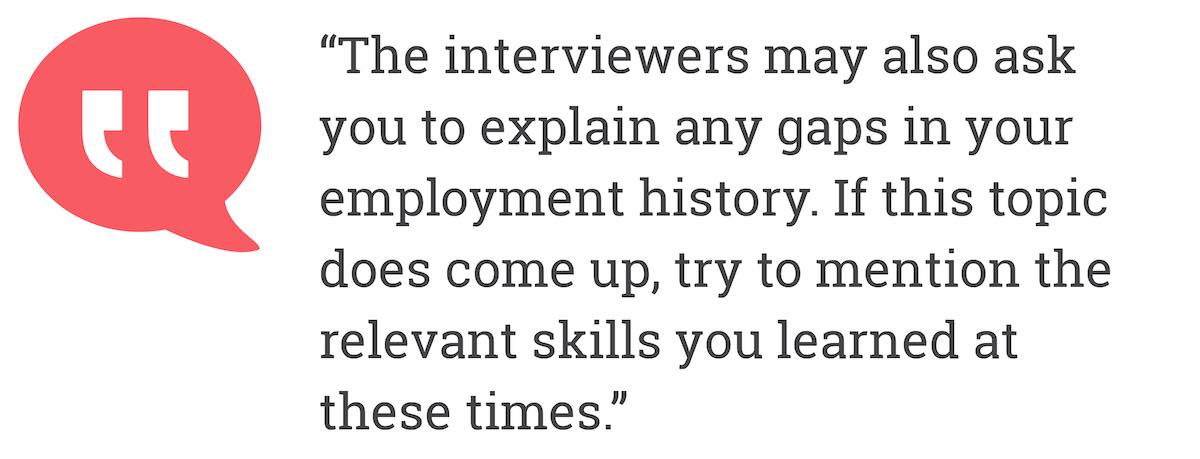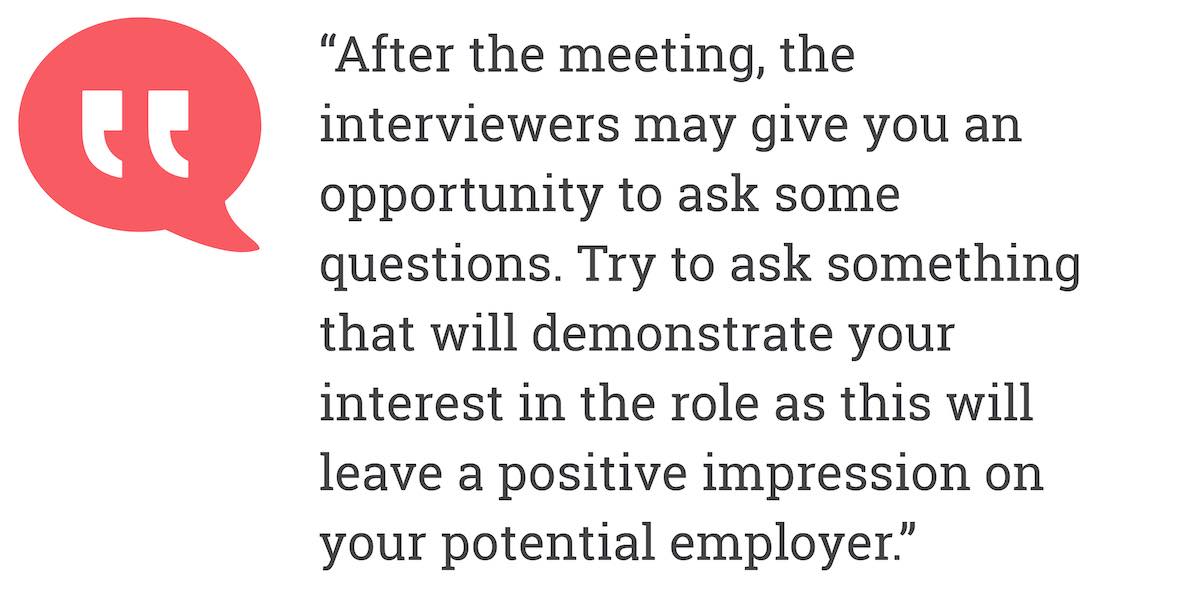 “If you are a newly qualified Nurse or you have decided to restart your career, interviews can be quite unnerving. However, by preparing properly, you can brim with self-confidence and succeed in the process.”
“If you are a newly qualified Nurse or you have decided to restart your career, interviews can be quite unnerving. However, by preparing properly, you can brim with self-confidence and succeed in the process.” Here are some interview tips for Nurses to help you overcome your nervousness and win over potential employers.
Topics covered in this article
Ask A Trusted Family Member To Conduct A Mock Interview
Prepare Answers For Likely Questions Or Potentially Sensitive Topics
Learn To Overcome Interview Errors
What Questions Are Typically Asked?
The Three Interview Stages You Need To Prepare For

Search Jobs
1000s of jobs for Nurses & Care Professionals. Find nursing, care & healthcare jobs in Ireland.
Search JobsAsk A Trusted Family Member To Conduct A Mock Interview
You can conduct two types of mock interview: face-to-face and online.
Don’t stop practising until you feel comfortable with what you are saying and make sure you believe in it.
You could also rehearse in front of a computer screen or a mirror.
Besides practising your verbal communication, don’t forget to smile and present positive body language.
Prepare Answers For Likely Questions Or Potentially Sensitive Topics
It is important to give concise but complete answers to the interview questions.
Indeed, your responses to seemingly simple queries may immediately determine your suitability for the role.
Why did you choose Nursing as a profession?
Your potential employers are well aware that Nursing is a difficult job.
They want to know what motivations drove you to become a Nurse.
Tell us about yourself
This is one of the trickiest topics in a Nursing interview.
In reality, you need to convince the interviewers that you are perfect for the role.
Instead of giving a generic answer, you should discuss the achievements that make you an ideal candidate.

The interviewers may also ask you to explain any gaps in your employment history.
If this topic does come up, try to mention the relevant skills you learned at these times. It is vital that you demonstrate that you are:
● Adaptable to change
● Passionate about the work
● Determined to progress your career
For certain roles in hospitals in Ireland, you may need actual work experience.

What Do You Think?
Ask questions, comment and like this article below! Share your thoughts, add your opinion in the comments below.
CommentLearn To Overcome Interview Errors
You can overcome a mistake by handling it confidently and prudently:
● Correct the mistake immediately
● Move past it
● Make sure you don’t repeat it
Although mistakes can happen, it is important that you learn from them and make sure they don’t reoccur.
What Questions Are Typically Asked?
1. What do you know about the organisation? You can answer this question by conducting thorough research about the potential employer.
This approach will serve as a clear sign that you are interested in the position.
2. How would your present/past employer describe you?
Most interview tips for Nurses emphasise the need to stay positive when answering this question.
However, try to avoid complaining and instead prove to them that you are an exceptional Nurse.
Focus on any positive feedback provided by your previous supervisor.
For instance, you may have been cited for your ability to stay calm under pressure.
3. How do you deal with a difficult colleague?
Whilst teamwork is crucial in any work environment, there may be times when you will have to deal with a difficult co-worker.
If this subject does arise, try to prepare answers for the following questions:
● Was there an instance when you needed to handle an awkward colleague?
● How did you manage the situation?
● How did you build relations with others?
● If you don’t have a personal experience, have you witnessed this type of situation?
● What did you learn from this experience?
When answering this type of query, try to avoid bad-mouthing and using real names; you don’t want to appear as if you are vindictive.
Instead, speak in general terms and stick to the facts.
If possible, turn a negative experience into a positive one by focusing on what you have already learned to help you become a better Nurse.
4. Talk about your strengths and weaknesses
Talking about your strengths is fine, but discussing your weaknesses can sometimes be difficult.
When asked to cite a particular situation, focus on one that is relevant to the role in question.
Then, discuss some real-world achievements to prove your point.
If possible, mention an actual but manageable flaw.
5. Where do you see yourself in (x) years?
The interviewers will want to determine whether this is your dream role and that you are not simply filing an employment gap.
You need to understand what the work is all about and how you will excel.

Become A Community Contributor
Share your story to help and inspire others. Write or create a video about your job or your opinions!
ContributeThe Three Interview Stages You Need To Prepare For
Before
Once you have been invited to an interview, you should carry out some in-depth research of your potential employer and what the job entails.
Having an early night and then a good breakfast in the morning will help you focus and succeed.
Make sure you are a few minutes early, whether it is for a face-to-face interview or a video call.
During
Talking too fast, fidgeting or slouching may be signs of nervousness.
You need to inspire confidence from the interviewers by:
● Maintaining eye contact
● Showing positive body language
● Displaying strong verbal and non-verbal communication skills If you are confronted by a difficult question, buy some time by:
● Pausing with a deep breath before answering
● Using phrases such as ‘that’s a fascinating question…’
STAR Technique
You can also use the STAR technique when answering competency-based questions.
The acronym stands for:
Situation – describe the specific problem you were facing.
Task – explain the work you had to accomplish.
Action – describe the steps you took to complete the aforementioned tasks.
Result – present the results of your efforts and explain how it ended on a positive note.
After

After the meeting, the interviewers may give you an opportunity to ask some questions.
Try to ask something that will demonstrate your interest in the role as this will leave a positive impression on your potential employer.
It’s probably best to wait for the job offer before asking about the salary and benefits.
You will be in a stronger negotiating position once you know the organisation is serious about hiring you.
Conclusion
If you are a newly qualified Nurse or you have decided to restart your career, interviews can be quite unnerving.
However, by preparing properly, you can brim with self-confidence and succeed in the process.
A good night’s rest, a full stomach and in-depth knowledge about your future employer will all be extremely advantageous.
It also pays to appear confident so make sure you maintain eye contact and try to avoid showing any signs of nerves.
Finally, the key to interview success is practice.
Keep doing mock interviews until you have mastered the art of positive body language and successfully answered the potential questions that may crop up.






About this contributor
Nurses.co.uk Founder
I launched Nurses.co.uk (and subsequently Socialcare.co.uk, Healthjobs.co.uk and Healthcarejobs.ie) in 2008. 600 applications are made every day via our jobs boards, helping to connect hiring organisations recruiting for clinical, medical, care and support roles with specialist job seekers. Our articles, often created by our own audience, shine a light on the career pathways in healthcare, and give a platform to ideas and opinions around their work and jobs.
More by this contributorWant to get involved in the discussion?
Log In Subscribe to comment